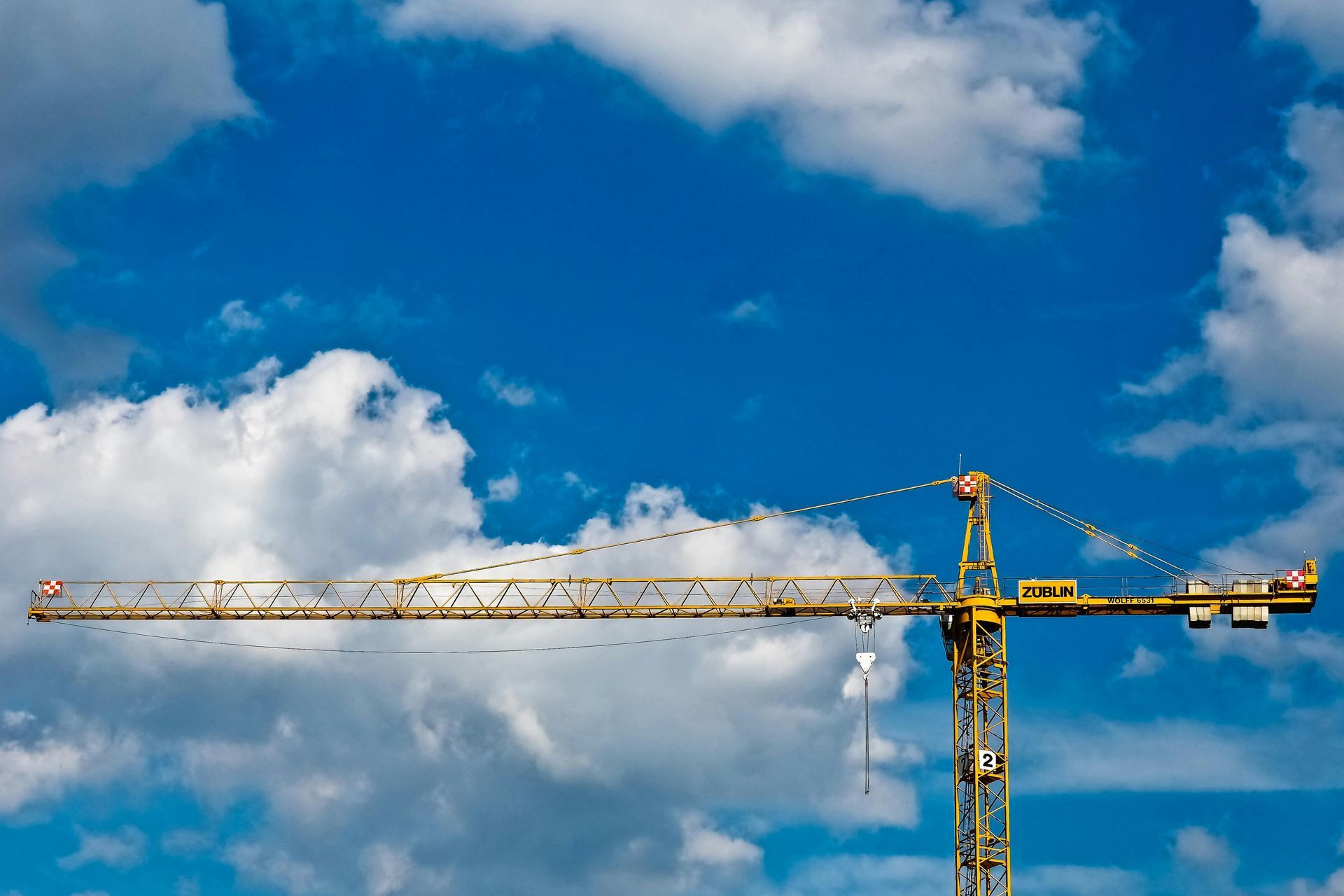How to Best Prepare for an Interview: A Step-by-Step Guide
What we're hearing in the Market
While there has been a slight reduction in the design phase work within Melbourne's construction sector, this is expected to be a short-lived phase. Let's take a closer look at the factors influencing this temporary lull and the promising developments on the horizon. ⚒️
In the private sector, there has been a minor decline in work, particularly in residential projects and commercial office buildings due to rising interest rates. Additionally, universities have scaled back their spending on new construction projects, partly due to the challenges faced in the wake of declining overseas student numbers. Furthermore, the delay in passing the Labour's housing bill has resulted in the postponement of several projects until October.
However, it's important to note that this reduction in front-end work is more of a normalisation process rather than a full-blown slowdown. Long-term partnerships between engineering consultancies and architects have been the foundation of the construction industry. Those companies that continue to invest in these relationships remain busy and are still focused on growth. 📈🏢
Despite these temporary challenges, several exciting opportunities are emerging. The Victorian Schools Building Authority (VSBA) is actively releasing construction work for new schools across the state, and the Victorian Health Building Authority (VHBA) is continuing to push forward with projects such as Ballarat Hospital, Footscray Hospital, Frankston and Warrnambool Hospital all running concurrently. Additionally, Melton Hospital worth an estimated $900 million project entered the full bid phase, adding further momentum to the industry (Call me if you want to know who are working on the two bids).
Looking ahead, the residential sector is expected to regain strength as interest rates stabilise and concerns of a recession subside. This will likely spark renewed activity in commercial office and retail spaces. Universities are also expected to green-light their pipeline projects as overseas student admissions normalise and revenue returns. Furthermore, the Victorian government's focus on the suburban rail loop is driving substantial investments in the design and construction of railway stations and associated infrastructure.
Moreover, the federal government's housing bill, set to reignite in October, promises a fresh wave of investment in public and affordable housing, further boosting the construction industry.
In conclusion, while we are currently experiencing a temporary lull, industry professionals foresee a ramp-up in new work entering the pipeline construction activity in the second half of this year and early 2024. As we navigate these waves of change, it's important to remain optimistic and adaptable. The construction industry thrives on resilience and opportunities for growth.
Stay tuned for the exciting developments that lie ahead in Melbourne's construction sector!



